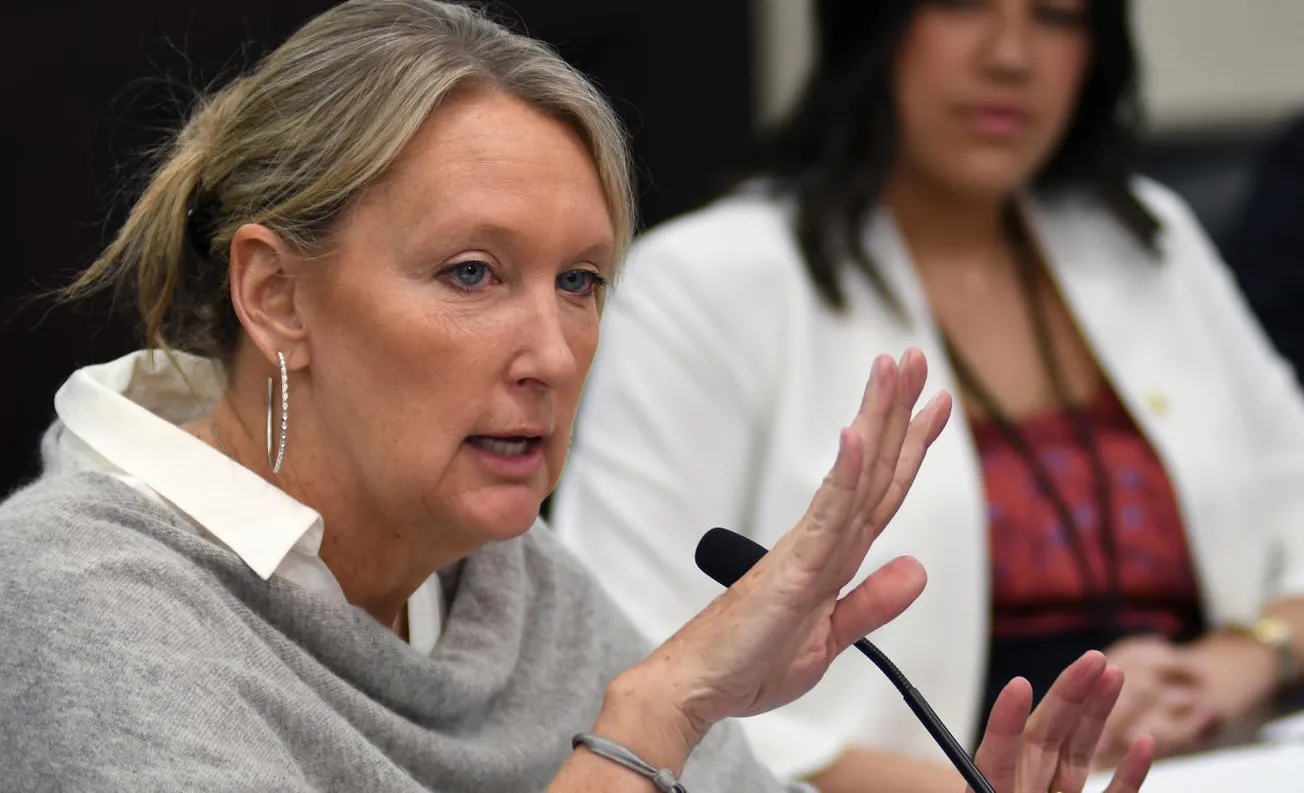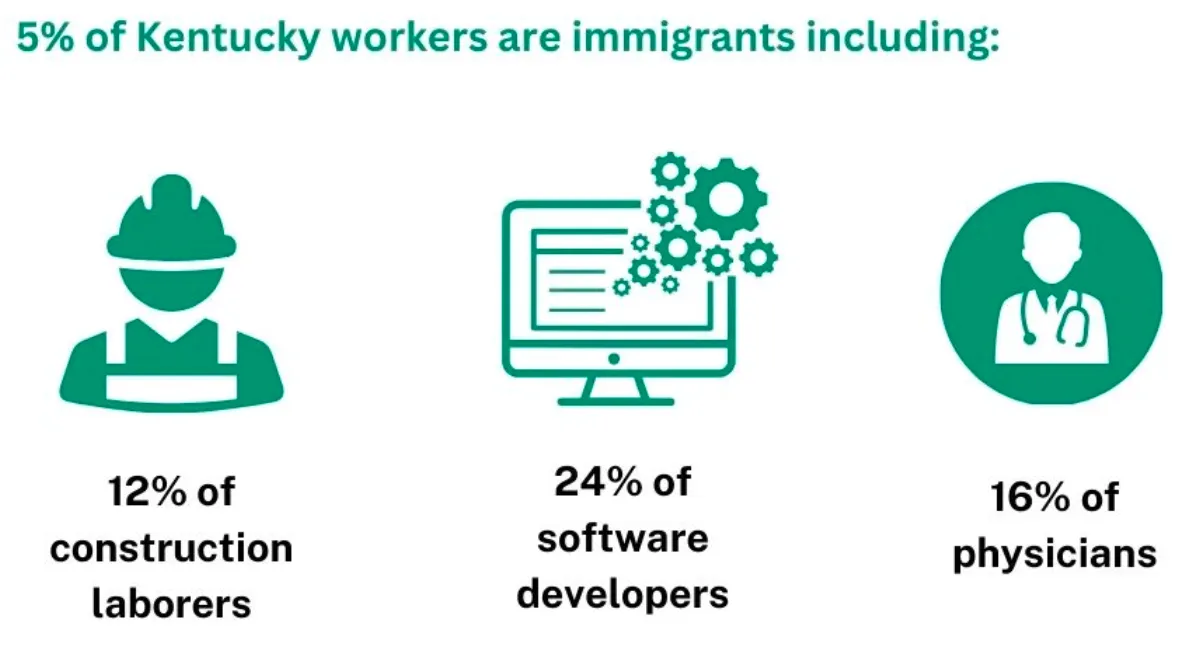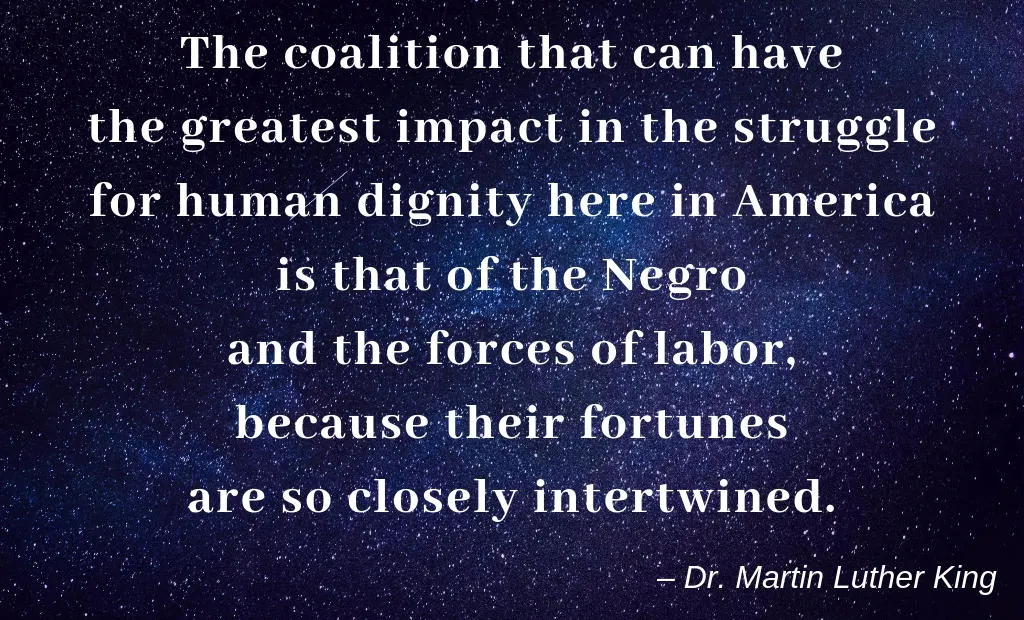Table of Contents
The U.S. Supreme Court’s reversal of its Roe v. Wade decision means more work for the Kentucky General Assembly, a leading state senator said in a Lexington television interview broadcast Sunday.
“That issue will probably take up a lot of space in this upcoming session,” Majority Caucus Chair Julie Raque Adams, a Louisville Republican, told Bill Bryant on WKYT-TV's “Kentucky Newsmakers.”
“It’s important for the legislature to make sure we have adequate resources for adoption care,” that the state is “fully implementing” the two-year-old Pregnancy Protection Act for workers and “make sure that the human services end of things are funded so we are helping families and helping women,” she said.
The extent of activity on the issue will likely depend on what the courts do between now and convening of the session in January, Raque Adams said: “We’ll probably take our lead from the courts.”
A Louisville judge is considering a lawsuit arguing that the state constitution’s implied grant of privacy rights, which the state Supreme Court extended to strike down a law banning sexual relations between people of the same sex, creates a privacy right to abortion. Whatever his ruling, an appeal is certain.
Not so certain is whether, during appeal, courts will continue to block state laws that ban abortion after the sixth week of pregnancy and ban all abortions except those needed to save the woman’s life or keep her from becoming disabled. The latter law was written to take effect if Roe v. Wade was overturned.
Raque Adams noted that the Nov. 8 ballot includes a constitutional amendment that would negate the lawsuit’s argument by saying that the state constitution does not create a right to abortion or government funding of it. She said she is telling people on both sides of the issue that debating the amendment is “a great way” for people to engage with the issue.
Democratic Gov. Andy Beshear has said he opposes the amendment, calling it “extreme” because it has no exceptions for rape or incest. Asked if she supports the amendment, Raque Adams did not answer directly: “Yes, I voted to put that on the ballot.”
Asked if the legislature might try to ban abortion medication, the most common method of abortion, or restrict Kentuckians’ travel to states with less restrictive abortion laws, Raque Adams said she had not heard such legislation mentioned for Kentucky.
--30--
Written by Al Cross. Cross-posted from Kentucky Health News.







